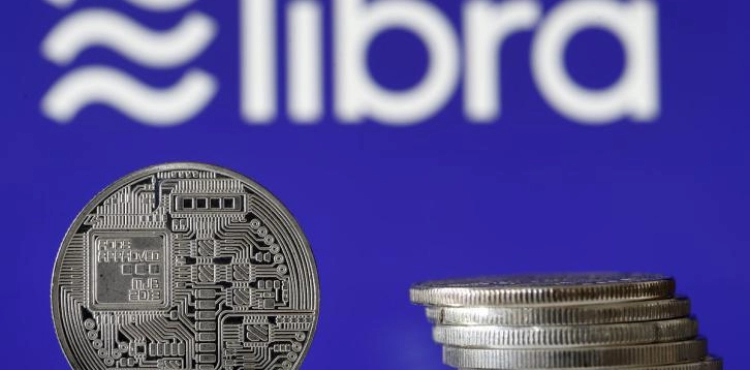Hours before the official announcement of the launch of Facebook´s new digital currency, the currency was greeted with international backlash.
"It is impossible for this digital currency to compete with other sovereign treaties," the French Finance Minister, Borino Le Mer, told Bloomberg news agency.
Prior to LeMer´s remarks, McCain Waters, chairman of the House Financial Services Committee, had promised a strong reaction from Congress.
Former ECB Vice-President Vittor Constancio described the initiative as "untrustworthy and dangerous".
Facebook is preparing to launch a new digital currency similar to the currency of PeteQueen, through encrypted databases (Block Chin), but will be available without being subject to price fluctuations.
David Marcos, director of the currency project, called Libra, said Facebook would not be able to see transaction data.
Markus told Deutsche Presse-Agentur dpa last week that the Libra system will initially be used primarily for transfers between different currencies. However, the long-term vision of the project is to make the currency a full way of payment.
To this end, Facebook formed an alliance with the Geneva-based Lebara Association in Switzerland. Among its 28 members are financial service providers such as Visa, Mastercard and PayPal, which can facilitate the integration of Libra into payment systems.
Vodafone and eBay also joined the alliance, as well as the Bocking platform, Sputevi Music, Ober and Leif Transport.
Block Qin currencies like Betcown are affected by price fluctuations, which Facebook seeks to avoid with the Libra currency. Therefore, a reserve fund composed of different currencies will be allocated to cover the Libra currency.
The LIBRA will determine how to deal with currencies and bonds such as equities as a precaution to maintain a stable price. Unlike KFH, Libra will not be a currency launched by users, but will have to be purchased from member states or trade platforms.












